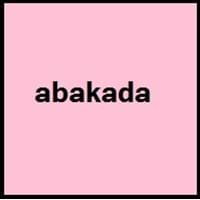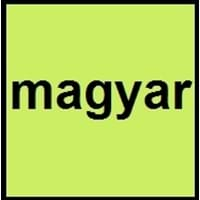Tagalog vs Hungarian
- In 1593, "Doctrina Christiana" was first book written in two versions of Tagalog.
- The name "Tagalog" means "native to" and "river". "Tagalog"is derived from taga ilog, which means "inhabitants of the river".
- Hungarian language has only preserved most of its ancient elements.
- 'Magyar' is the Hungarian name for the language, the 'Magyar' is also used as an English word to refer to Hungarian people.
Tagalog and Hungarian Language History
Comparison of Tagalog vs Hungarian language history gives us differences between origin of Tagalog and Hungarian language. History of Tagalog language states that this language originated in 1593 whereas history of Hungarian language states that this language originated in 1192 AD. Family of the language also forms a part of history of that language. More on language families of these languages can be found out on Tagalog and Hungarian Language History.
Tagalog and Hungarian Greetings
People around the world use different languages to interact with each other. Even if we cannot communicate fluently in any language, it will always be beneficial to know about some of the common greetings or phrases from that language. This is where Tagalog and Hungarian greetings helps you to understand basic phrases in Tagalog and Hungarian language. Tagalog word for "Hello" is Kamusta or Hungarian word for "Thank You" is köszönöm. Find more of such common Tagalog Greetings and Hungarian Greetings. These greetings will help you to be more confident when conversing with natives that speak these languages.
Tagalog vs Hungarian Difficulty
The Tagalog vs Hungarian difficulty level basically depends on the number of Tagalog Alphabets and Hungarian Alphabets. Also the number of vowels and consonants in the language plays an important role in deciding the difficulty level of that language. The important points to be considered when we compare Tagalog and Hungarian are the origin, speaking countries, language family, different greetings, speaking population of these languages. Want to know in Tagalog and Hungarian, which language is harder to learn? Time required to learn Tagalog is 44 weeks while to learn Hungarian time required is 44 weeks.





